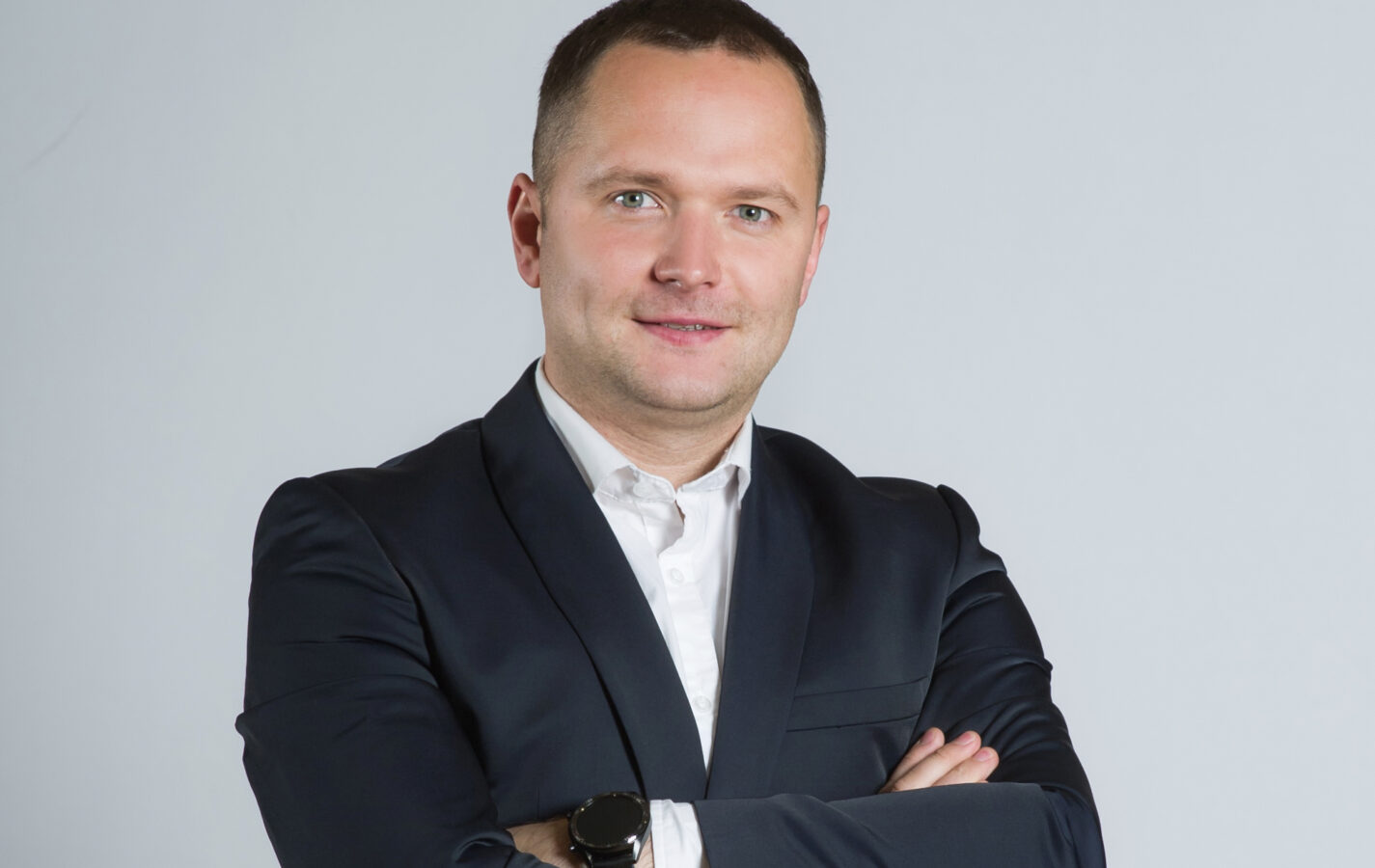Type in a search word
What are you looking for
Experts: industry wants to become energy independent, but it’s not in everyone’s pocket without state support
Lithuania aims to become a climate-neutral country and the centre of a new generation of industry by 2050. This requires a significant transformation in both the energy and industrial sectors. However, while strategic plans remain in the long term, real change is increasingly being driven by business – a trend that experts see as a positive but insufficient signal and underline the need for broader engagement and state support for a systemic breakthrough.
Sectors move at different speeds
According to Martynas Nagevičius, President of the Lithuanian Renewable Energy Confederation, it is in the industrial sector where the contrast between companies that are already implementing energy transformation solutions and those that are held back by financial or regulatory barriers is stark.
“We see individual examples of companies actively pursuing energy independence – investing in local production, implementing efficiency solutions. But this is not the norm for the whole sector. Without state incentives and coordination, we risk that change will remain the effort of enthusiastic leaders,” says Nagevičius.
Business takes the lead
Petras Leknius, CEO of VMG Energy, a VMG Group company, echoes this view, saying that favourable conditions are emerging for investment in renewable energy projects in Lithuania, but that progress could be even smoother.
“We are moving in the right direction in the country, but some processes are still hampered by long approval times, additional requirements or regulation that is not always clear. Businesses want to take the initiative, but they expect clarity – which would allow projects to be implemented more quickly and with greater certainty,” said Mr Leknius.
According to Mr Leknius, the technological solutions implemented by the company he heads saved the VMG Group more than EUR 700 000 last year. Thanks to the renewable energy projects currently under development, the Group, which consumes around 115 000 MWh of electricity annually, expects to cover 70-80% of its total electricity demand in a few years.
However, despite its determination and clear vision, the implementation of the projects is complex and the company faces a number of practical challenges.
Goodwill is not enough for change
According to Nagevičius, while some companies have already made progress, a systemic breakthrough in the whole industrial sector is still taking shape.
“In Lithuania, capital is expensive and borrowing is difficult, so companies are often forced to invest only in what is vital – production expansion, raw materials and personnel. Energy transformation is therefore often left behind,” says the expert.
According to the Lithuanian Energy Agency, to achieve the country’s energy goals, the main investments should be made in wind and solar photovoltaics, heat pumps, economizers, modernisation of the transport fleet, and upgrading of boiler houses. Depending on the size of the project, the investment required per company can range from €109,000 to €10.8 million.
